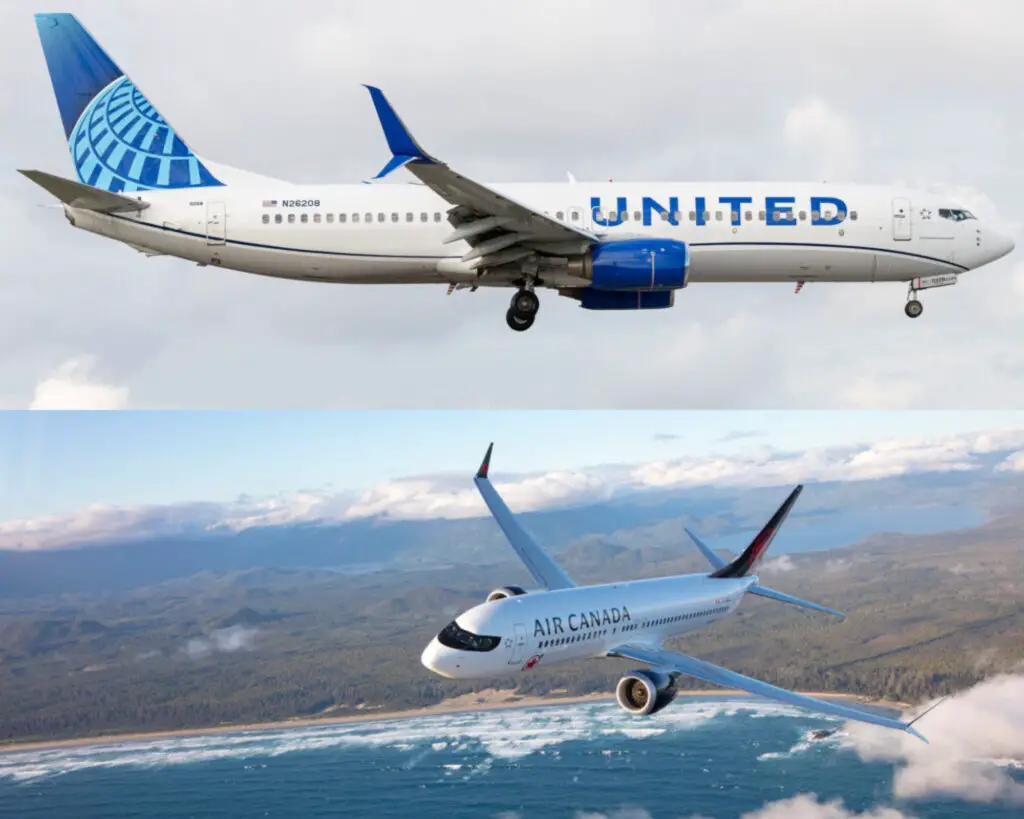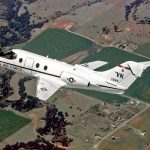Air Canada and United have created a Joint Venture for the Canada-U.S. transborder market, building on their long-term partnership, customers traveling between the two countries will have more flight options and better flight itineraries.
Customers will be able to connect to 38 codeshare destinations in the U.S. and eight of Canada’s most popular cities with the MileagePlus® and Aeroplan frequent flyer programs. The agreement will also strengthen and expand both carriers’ networks and help accelerate the recovery of COVID-19.
«This agreement marks a new phase in our evolving relationship that will accelerate pandemic recovery and strengthen both carriers. It will also allow us to optimize our hubs and schedules and expand our global network connectivity to maintain our market leadership» said Mark Galardo, Air Canada’s Senior Vice President of network planning and revenue management.
«With this new agreement, we are further strengthening our long-standing partnership with Air Canada,» said Patrick Quayle, United’s senior vice president of global network alliances and planning.
«As international travel continues to recover, this expanded partnership will provide an enhanced experience for all cross-border travel,» Quayle added.
Prior to the pandemic, the U.S.-Canada transborder market was the second largest international air market in the world measured in seats.
Data obtained by Aviacionline through the Department of Transportation (DoT) indicates that in 2019 between Toronto – Pearson (YYZ) and the U.S. 13,491,466 passengers were flown, it was the second busiest international destination in the United States.
- Air Canada and United already cooperate in the cross-border market under applicable U.S. antitrust immunity. Pursuant to the Joint Venture agreement, in compliance with U.S. and Canadian regulatory and antitrust requirements, the air carriers will now be able to:
- Coordinate their networks and schedules, allowing airlines to offer customers more choices, including more flights throughout the day and more access to each airline’s seat inventory.
- Enhance codesharing on cross-border flights, excluding certain U.S. markets and leisure destinations. Operators anticipate that customers will be able to connect to 46 cross-border codeshare destinations with more than 400 daily frequencies by 2022, with opportunities to add more codeshare destinations for domestic routes within Canada and the U.S. U.S.
- Sell seats on each other’s cross-border flights and share revenue on flights between hub markets (where regulatory authorities and antitrust requirements allow), enabling airlines to increase their overall capabilities.
- Align customer policies for greater consistency and enable seamless provision of in-flight products, establish shared airport locations where available, and provide additional value to each airline’s frequent flyer programs.
The implementation of the extended partnership builds on the close cooperation between the two airlines and previously obtained regulatory approvals. United and Air Canada founded Star Alliance, the first global airline alliance, in 1997 and also has a transatlantic joint venture with Lufthansa Group.
See also: United and Delta Receive DOT Approval to Start New Flights to Cape Town














